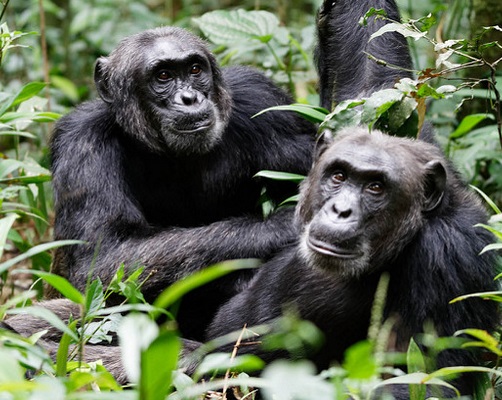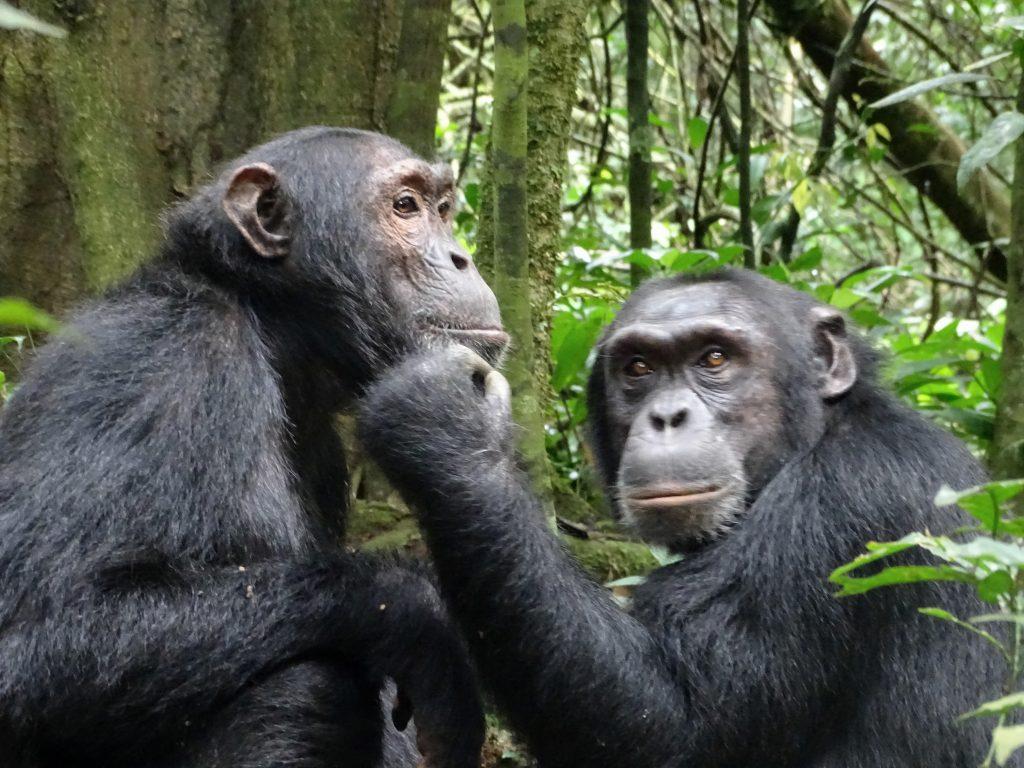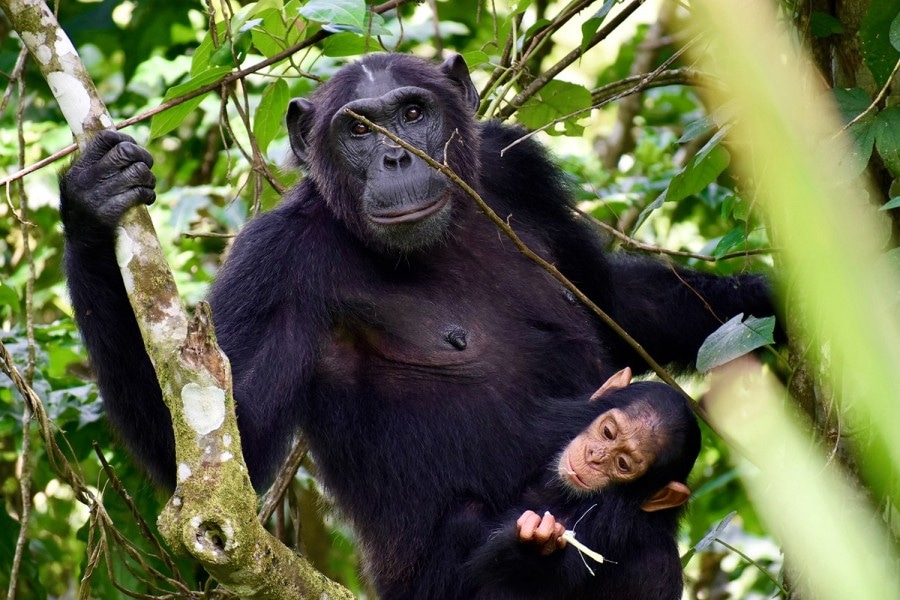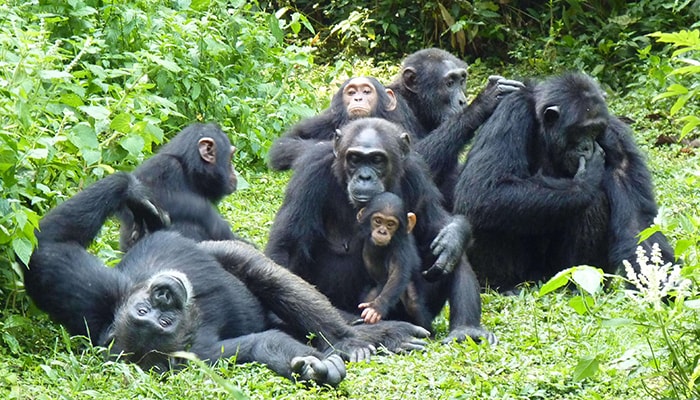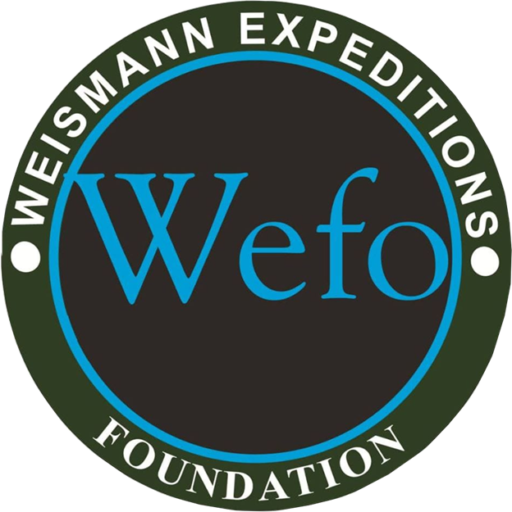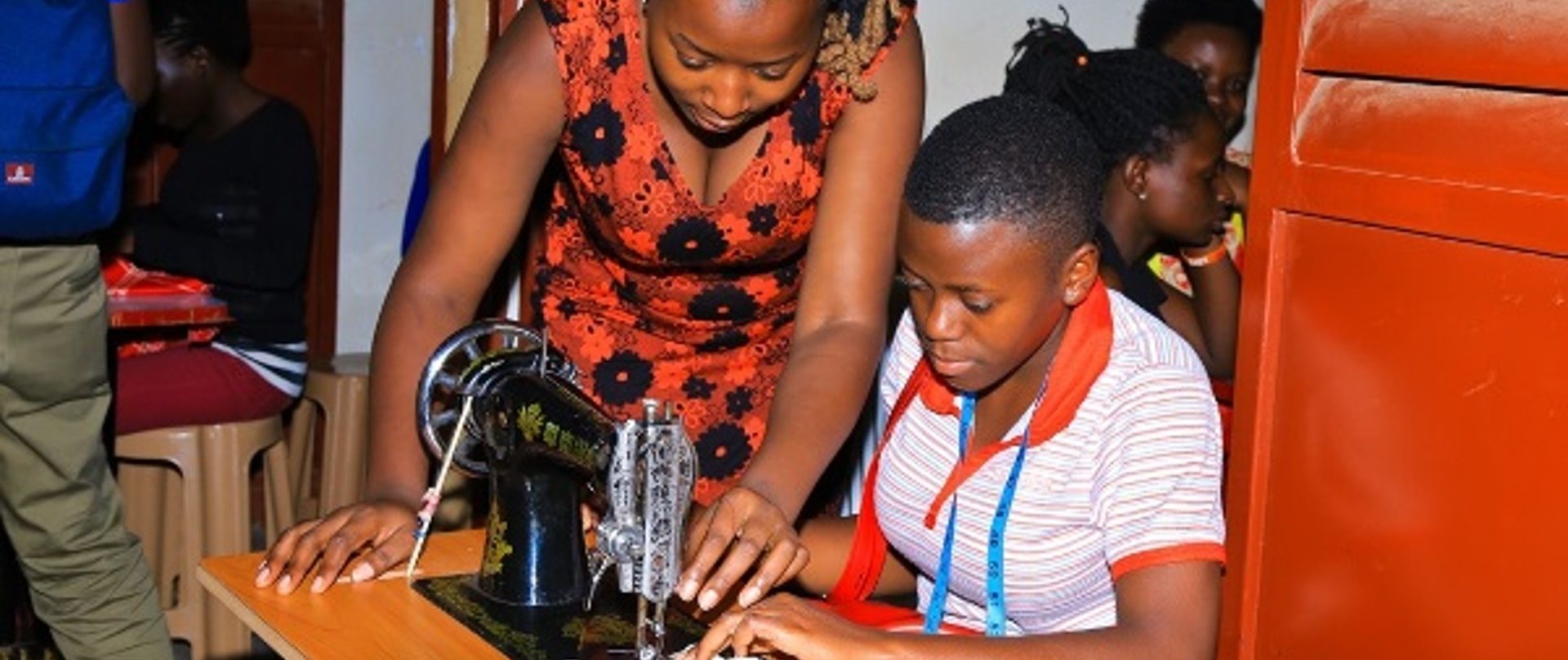Young Mothers
This project seeks to run a 4 years life changing project to Empower 200 teenage mothers (TM) between the ages of 15-21 years of age, by giving them life skills training and an opportunity to start up business and meet their basic needs. Most young mothers in Uganda do not receive the opportunity to return to school after child birth to achieve their earlier intended dreams and aspirations. Most often these vulnerable young mothers are rejected by their biological parents, families and partners and left to struggle on their own for a living and bring up and provide the required needs to their children. Some girls are impregnated by irrational old men and deny responsibility and out of instances like forced sex that are thus left total despair and the only major breadwinners for their survival.
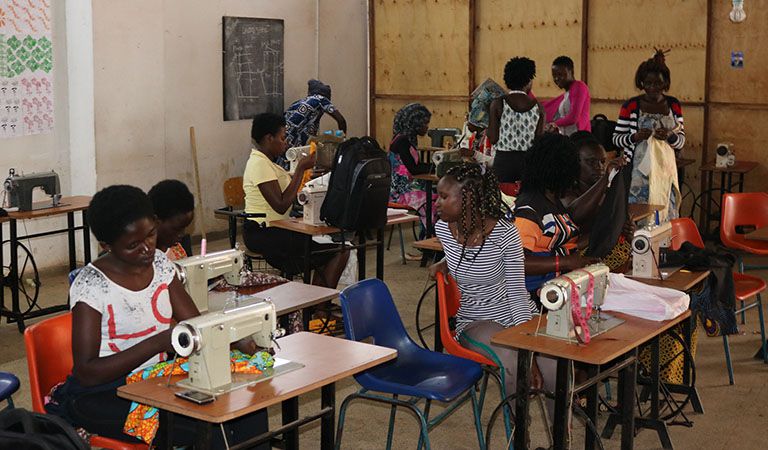
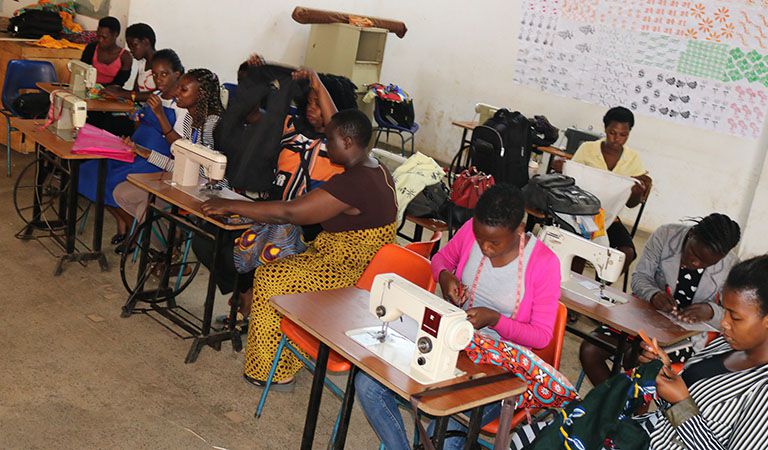
WEFO will help to addresses the social,economic and emotional challenges faced by these young mothers; including identifying their strengths and goals, discussing the importance of completing career and life skills,and identifying a career path that will maximize their ability to function independently as a young parent. The project is particularly target communities in which no training or such support opportunities have previously existed. The goal is to motivate these young mothers, by the end of the 4 years turn into role models where over 200 young parents will be working either independently or in newly created job avenues. Each member will be procured a tailoring or knitting machine to create a positive social change and influence lives of people in the communities they live in and the children under their direct
CARING FOR THE GIRL CHILD
The Girls Sanitary Pads Support project is a Community Based project with great significance of a positive influence on the girl child on their health and school life and retention in schools. We are looking forward to reaching adolescent girls especially school- going girls in upper primary and secondary levels from disadvantaged social and economic backgrounds starting puberty with a target to provide sanitary towels to them. Girls from such families that can’t afford to provide for ably all the necessities including the little fees they pay in rural schools find it impossible to ask for money to buy pads during their periods and resort to sugar daddies as an alternative to give them money to buy pads because feel too shy to share such moments with the parents as some parents are not willing to listen and rarely hold meetings with their children. The Initiative will organize trainings and question-and-answer sessions to give girls a forum to discuss related issues along with female teachers and other staff in the schools. Other forums will be utilized to bridge the gap that exists between the girls and their parents on menstrual debates, girls and boys to ensure the program’s effectiveness and longevity as well as the confidence and empowerment of the adolescent girls. By providing knowledge on menstrual hygiene management and reproductive health, the status of the girls will be enhanced as myths and misconceptions that surround puberty and menstruation will also be addressed
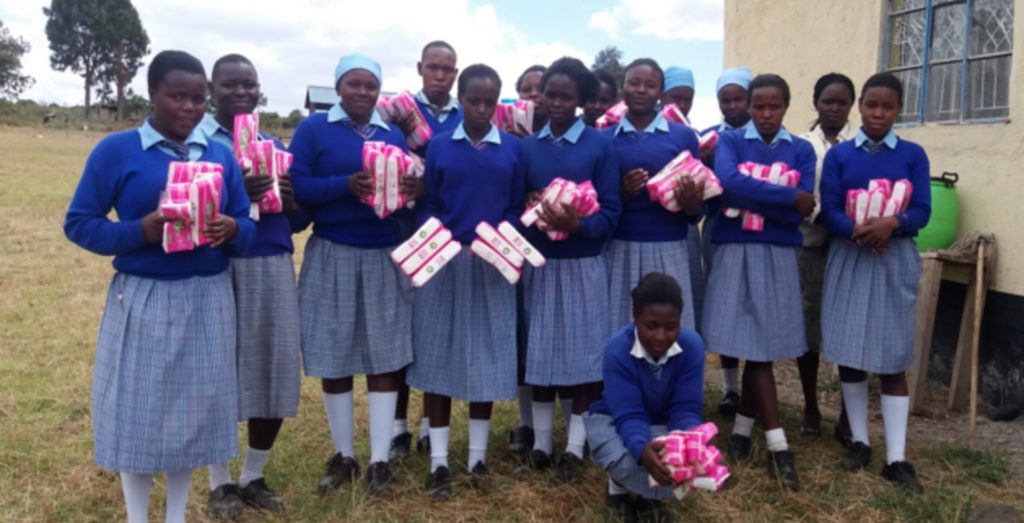
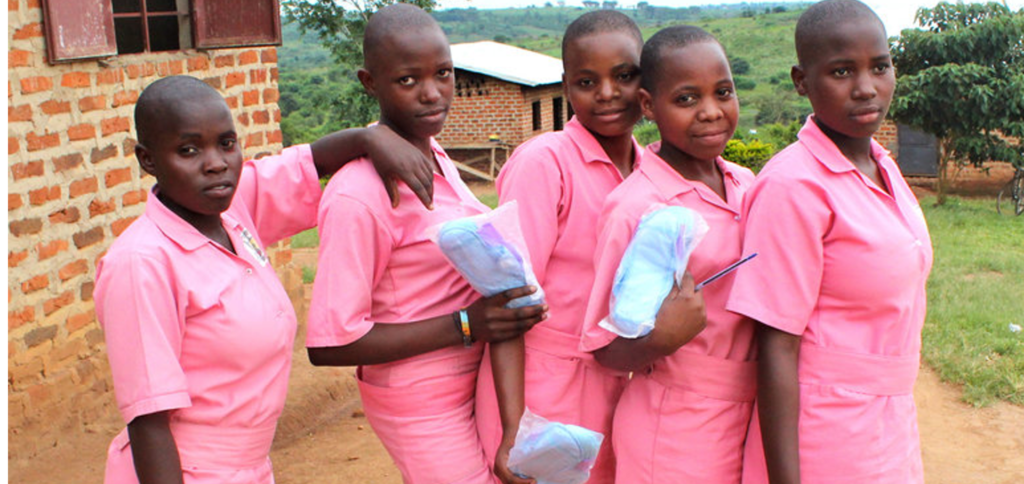
Weismann Safaris Chimpanzee Conservation & Habituation Trust
Name of Organization: Weismann Expeditions Foundation
Project name: Weismann Safaris Chimpanzee Conservation & Habituation Trust
Location: Rwenzori Mountains National Park, Mihunga-Buraru Conservation sector, Kasese District.
Project time frame: 4 Years
Contact details:
P.O.Box 320, Kasese-Uganda
Whatsapp +256751807085 /+256789700447
info@wefo.weismannexpeditions.com
Bank details:
Account name: Weismann Safaris Chimpanzee Conservation & Habituation Trust
Account number: 6007373625
Bank name: ABSA BANK UGANDA LTD
Branch: Kasese Branch, Rwenzori Road
Swift code: BARCUGK
Project overview
Weismann Safaris Chimpanzee Conservation & Habituation trust project is a community based project that aims at working with Uganda Wildlife Authority and the local community to protect and habituate the Eastern chimpanzee in their natural habitats in the Rwenzoris.
The population of the current number of the Chimpanzees in the Rwenzoris is estimated at 231 individuals according to the survey that was made in 2016. Weismann Safaris Chimpanzee Habituation Trust project focuses on increasing the population of the chimpanzees to the presence of humans. This process is not a one day activity but a continuous activity that needs a holistic approach of understanding and protecting the chimpanzees in their natural habitats. This also calls for use of best conservation practices to establish, develop and implement sustainable livelihoods and protecting their habitats. The increasing population in Uganda is exerting a lot of unsustainable pressure on land and the existing protected areas mostly for the commercial trade in timber, firewood, which needs strict and early interventions that are aimed at safeguarding and conserving the chimpanzees to avoid total extinctions and solve the drastic human- wildlife conflict as competition for natural resources intensifies. Habituating the chimpanzees requires an integrated approach and strategies that are designed to establish and make chimpanzees friendly to humans in Rwenzori Mountains National Park
About Rwenzori Mountains National Park
Rwenzori Mountain was declared a Forest Reserve in 1941 and later it was gazetted in 1991 as Rwenzori Mountains National Park and designated as UNESCO World Heritage Site in 1994 because of its outstanding natural beauty. The park was also designated as Ramsar site in 2008 because of its constant water flow all the year around. Rwenzori Mountains National Park covers nearly 100,000 ha in western Uganda and comprises the main part of the Rwenzori mountain chain, which includes Africa’s third highest peak (Mount Margherita: 5,109 m). It covers the districts of Kasese, Fortportal, Bunyangabo, Ntoroko and Bundibugyo of which Kasese takes the largest part. The park is contiguous with the Virunga National Park in the Democratic Republic of the Congo. The region’s glaciers, waterfalls and lakes make it one of the most fascinating afro-alpine areas. The park is known for its rich and unique flora;where some of the world’s rarest vegetation can be found. Some unusual flora found here include the giant heather, and two species of forest tree, Hypericumbequaertii and Schefflerapolysciadia. In addition, the site is home to 70 mammals and 217 bird species, including 19 Albertine Rift endemics, 25 invertebrate species from the area have been described in the last 15 years. Mammal species of conservation concern include the Eastern chimpanzees (Pan troglodytes schweinfurthii), Rwenzori duikers (Cephalophusrubidus), forest elephants (Loxodontacyclotis), Ruwenzori colobus (Colobus angolensisruwenzorii) and L’Hoest’s monkey (Cercopithecusl’hoesti), subspecies of blue monkeys (Cercopithecusmitis) and rock hyrax (Procaviacapensis) are only known from Rwenzori Mountains National Park.
Rwenzori mountains national park is known as the best mountaineering destination in the world and the only mountain in Africa that covers all the 5 vegetation zones.
This will contribute greatly to the species conservation and increase on the number of tourists in the Rwenzoris therefore to enhance this effort, there is need to develop a chimpanzee tourism trail which is also ideal for watching other primate species, bird watching and sightseeing.
Problem statement
Chimpanzee habituation is the process of getting the chimpanzee used to the presence of humans. This involves tracking out early each morning to find out where the chimpanzees have spent the night and then slowly introducing them to the presence of humans in a nonthreatening way. In Rwenzori mountains national park, the current number of chimpanzees are not well known and are considered to be one of the endangered species majorly due to uncontrolled hunters, human-wildlife conflicts as humans kill them in retaliation, protect their families from future attacks, encroachment on their habitats, and natural diseases which threatens their existence and sustainability. Rwenzori being a re-knowned mountaineering destination more efforts have been put on mapping it as a unique trekking place and little or no efforts have specifically been put in place to habituate these endangered species that would face extinction if not well preserved. This could as well be attributed to the fact that this activity is not a one-time event but a continuous process that needs a lot of resources, concerted efforts, commitment and time to be successful. Weismann Expeditions Foundation through Weismann Safaris& Expeditions-Uganda being one of the key players/promoters of the Rwenzoris has started an initiative titled as WEISMANN SAFARIS CHIMPANZEE CONSERVATION &HABITUATION TRUST through which it intends to conserve and habituate these primates as a way of protecting them from extinction and ensuring that they co-exist with humans and eliminate human-wildlife conflicts, illegal hunting and also be able to closely monitor their daily life health status and births to ensure continuity and security. The foundation therefore through this project proposal calls upon all individuals, organizations/companies and all well-wishers from across the world to support this initiative technically, materially, spiritually and financially to implement this nature conservation project.
Project Mission:
Our mission is; To conserve the chimpanzee from extinction and protect their habitat for Future generations.
Project objectives:
The project has the following objectives:
· To conserve the endangered chimpanzee species in the Rwenzoris and their habitats for future generation.
· To increase the number of activities to do in the Rwenzoris.
· To increase the number of tourists in the Rwenzoris.
· To raise the standards of living of the local people living around the Rwenzori.
